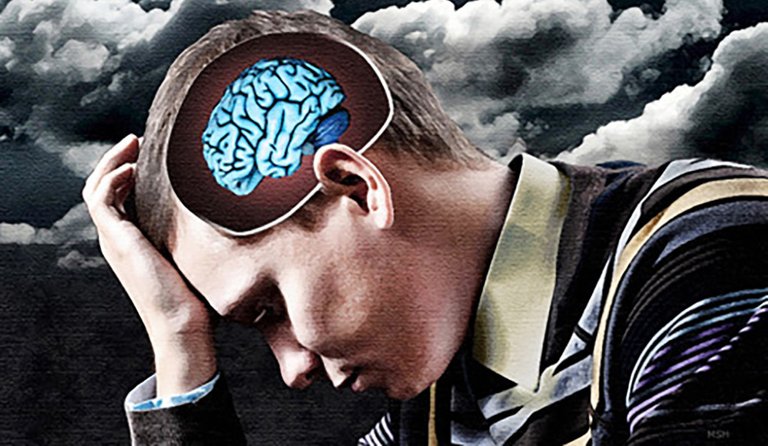Stress and depression are two common mental health conditions that many people experience at some point in their lives. While they may seem quite different at first glance, there are actually many similarities between stress and depression.
One of the most obvious similarities is that both stress and depression can cause physical and emotional symptoms. Stress can cause physical symptoms such as headaches, muscle tension, and fatigue, as well as emotional symptoms such as anxiety, irritability, and difficulty concentrating. Similarly, depression can also cause physical symptoms such as fatigue, changes in appetite and sleep patterns, and body aches and pains, as well as emotional symptoms such as sadness, loss of interest in activities, and difficulty concentrating.
Another similarity between stress and depression is that both can be triggered by life events or circumstances. Stress is often caused by a specific event or situation, such as a demanding job, a difficult relationship, or a major life change. Depression, on the other hand, can be triggered by a variety of life events or circumstances, such as a loss, a traumatic experience, or a persistent lack of support or fulfillment in life.
Both stress and depression can also lead to changes in behavior and thinking. Stress can cause people to become more irritable, anxious, or reactive, and can lead to problems with decision-making and problem-solving. Depression can also cause changes in behavior and thinking, such as a loss of motivation or interest in activities, difficulty making decisions, and negative or pessimistic thinking.
Another similarity between stress and depression is that both can have a negative impact on overall health and well-being. Chronic stress can weaken the immune system and increase the risk of developing physical health problems, such as heart disease, high blood pressure, and diabetes. Depression can also have a negative impact on overall health and well-being, as it has been linked to an increased risk of developing physical health problems and a shorter lifespan.
Both stress and depression can also be treated with a combination of therapy and medication. Therapy, such as cognitive-behavioral therapy (CBT) or interpersonal therapy (IPT), can be effective in helping people to identify and address the causes of their stress or depression, and to develop coping skills and strategies to manage their symptoms. Medication, such as antidepressants or anti-anxiety medications, can also be helpful in reducing the symptoms of stress and depression.
While stress and depression may seem quite different at first glance, they have many similarities in terms of their physical and emotional symptoms, triggers, and impact on overall health and well-being. Both can be effectively treated with therapy and medication, and it is important to seek help if you are experiencing prolonged or severe stress or depression.
